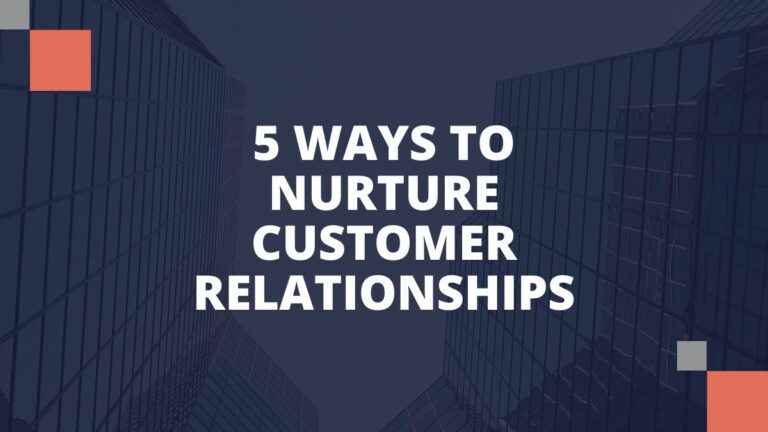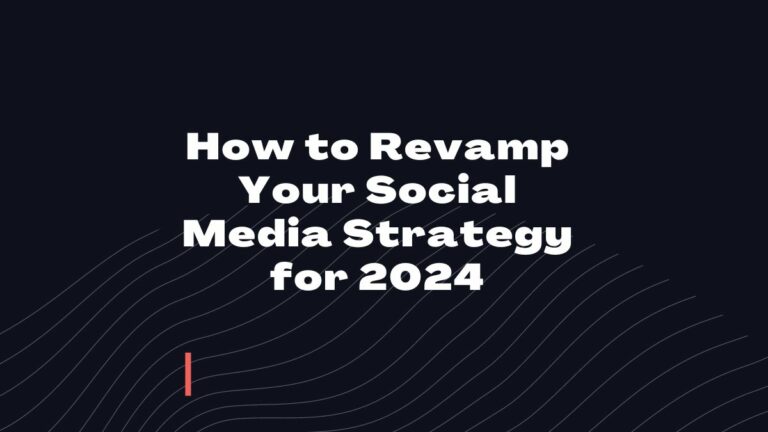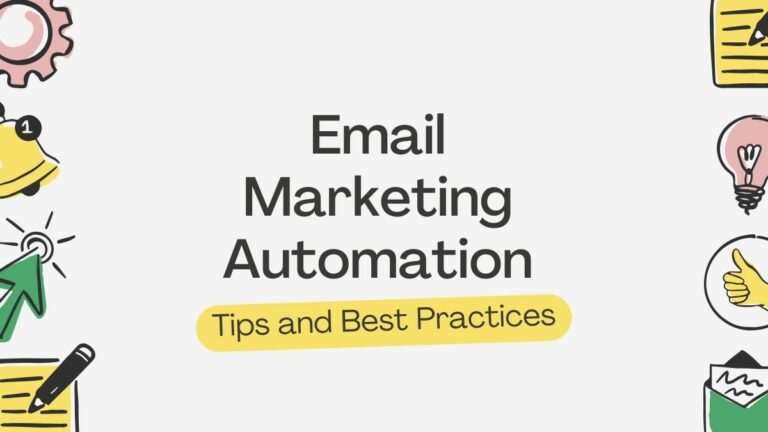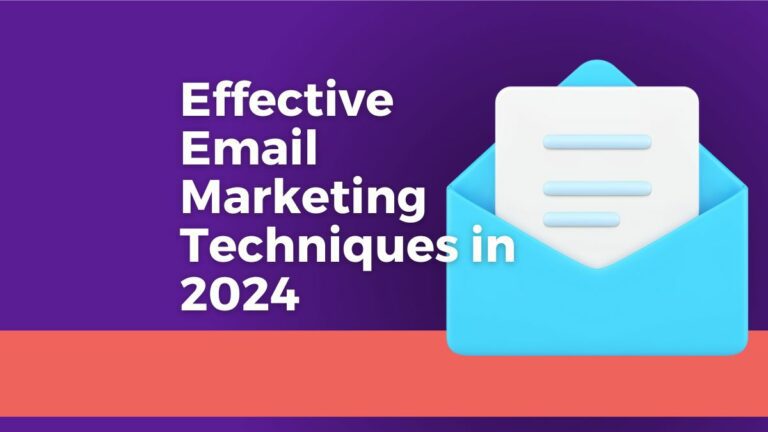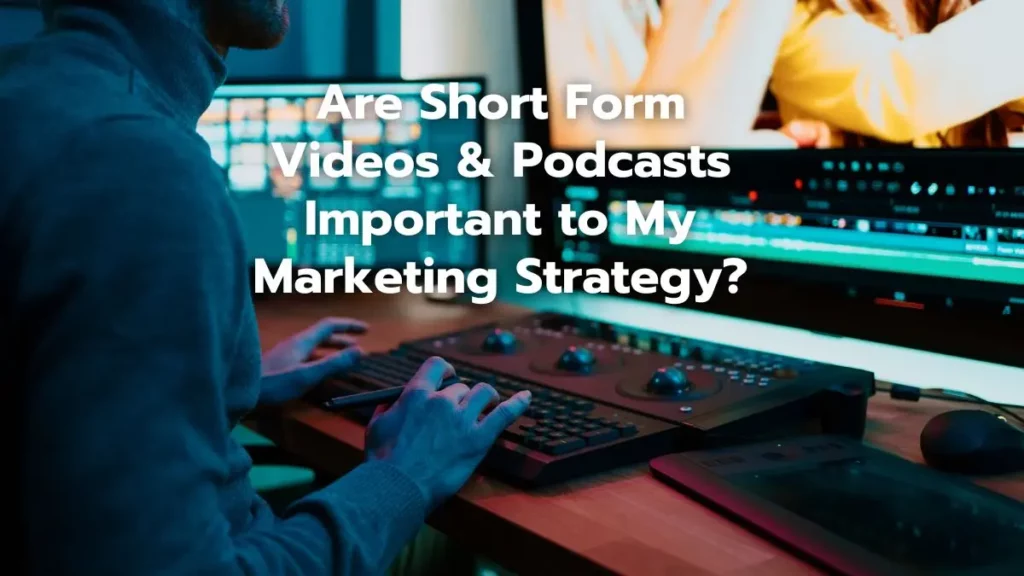
Are Short Form Videos & Podcasts Important to My Marketing Strategy?
The Importance of Short Form Videos and Podcasts in Marketing Strategy
Podcast and short form video content can be essential components of a marketing strategy. Their importance ultimately depends on your target audience and the goals of your marketing efforts.
If your target audience is active on TikTok or Instagram Reels, you can effectively engage with them in short-form video. Podcasts can be a great way to deliver valuable information or entertainment. If your audience enjoys consuming content on the go, then podcasts can be a great way for them to do so.
However, it’s important to note that creating quality short-form videos and podcasts requires time, effort, and resources. Therefore, it’s essential to consider whether the strategies you are incorporating into your digital marketing strategy align with your overall goals. Additionally, you need to ensure that you can produce high-quality content consistently.

Why Short Form Videos Are Important in Marketing Strategy
Short-form videos have become increasingly popular, typically less than 60 seconds in length. This rise can be attributed to platforms like TikTok, Instagram Reels, and YouTube Shorts. These platforms have millions of active users, and their algorithms heavily promote short-form video content. This makes them optimal for businesses trying to reach new potential listeners and target audiences.
Short-form videos can be used in various ways as a marketing strategy. Businesses can create short ads or product demos to cross-promote their offerings. They can also share behind-the-scenes footage to give audiences a glimpse into their operations. Lastly, they can create entertaining content that aligns with their brand values and resonates with their target audience.
Why Podcasts Are Important in Marketing Strategy
Podcasts have been steadily growing in popularity, with over 100 million Americans listening to at least one podcast per month. A company podcast offers a unique opportunity for businesses to connect with audiences on a more personal level. They allow for long-form conversations and storytelling with podcast guests that can build trust and credibility.
Businesses can use podcasts to educate their audience on topics related to their industry, share their own experiences and insights, or even create fictional stories that align with their brand values. For example, Marriott Bonvoy launched a podcast called “Bungalow,” which features interviews with artists, musicians, and other creatives and aims to inspire listeners to travel and experience new cultures.
Another example of a successful podcast marketing campaign is the “Business Wars” podcast by Wondery, which explores the rivalry between major companies in various industries. The podcast has become a hit among business professionals and entrepreneurs and has helped to build Wondery’s brand as a go-to source for insightful and engaging content.
While short-form videos and podcasts can be practical components of a marketing strategy, it’s essential to remember that they require significant effort and resources to produce quality content. Therefore, it’s crucial to understand your target audience, their preferences, and interests clearly, and your overall marketing goals before utilizing short-form videos and podcasts into your strategy. However, if executed well, they can be valuable tools for building brand awareness, engaging with audiences, and ultimately driving sales.
How to Get Started in Short Form Video Marketing
We have put together the steps needed to create engaging short form video content that reaches your target audience and achieves your marketing goals.
- A Clear Strategy: Determine your overall marketing goals and identify how short-form videos will help achieve those goals. Decide on the tone, style, and format of your videos, as well as the frequency of production.
- Video Equipment: You’ll need equipment to record, edit, and publish your videos. This includes a camera, lighting equipment, microphones, and video editing software. You can start with basic equipment and upgrade as you grow.
- A Platform to Host Your Videos: Choose the social media platform where you’ll be publishing your videos. Depending on your target audience, popular options include TikTok, Instagram Reels, YouTube Shorts, and even LinkedIn Stories.


A Dedicated Team or Team Member: You may not need a team of professionals with videography, editing, and content creation skills when you first begin short form video content creation. But you will need a dedicated team or person to execute and post the content to your platforms. You can hire freelancers or bring in-house talent, depending on your budget and needs.
A Consistent Content Calendar: Create a content calendar to ensure regular posting and consistency. Plan your video topics, script, and upload schedule to keep your audience engaged.
Promotion and Distribution: Once you’ve created your videos, promoting them to reach a larger audience is important. Utilize social media platforms and paid advertising to reach new viewers.
Metrics and Analysis: Finally, track the performance of your short form videos and analyze metrics such as views, likes, and shares. This data will help you understand what works and what doesn’t and allow you to adjust your strategy accordingly.
How to Get Started with Podcasting
Launching a podcast is exciting and requires intentional planning. We have put together seven steps you’ll need to follow to start your podcast off strong.
- A Clear Podcast Concept: Determine the focus and niche of your podcast, as well as the podcast host, format, tone, and style of your episodes. Decide on the topics you’ll cover and the guests you’ll invite.
- Podcast Equipment: You’ll need equipment to record, edit, and publish your podcast. This includes a microphone, headphones, a mixer or interface, and podcast hosting software. You can start with basic equipment and upgrade as you grow.
- A Platform to Host Your Podcast: Choose the platform where you’ll be publishing your podcast. Popular options include Apple Podcasts, Spotify, Google Podcasts, and other podcast directories. Creating a podcast website that takes potential listeners to more of your content can also be advantageous.

- Skilled Team: A crucial part of podcast marketing tactics is to create a team of professionals with skills in podcast production, editing, show notes, and content creation. You may find a team or individual in-house to do this, or you can hire freelancers or bring in-house talent depending on your budget and needs.
- A Consistent Content Calendar: Creating a content calendar to ensure regular posting and consistency is essential to execute effective podcast SEO. Promote your podcast on social media often by posting podcast episodes, topics, and guests to keep your audience engaged.
- Promotion and Distribution: Once you’ve created your podcast episodes, promoting them to reach a larger audience is important. Utilize social media platforms, email marketing, and paid advertising to reach new listeners.
- Metrics and Analysis: Finally, track the performance of your podcast and analyze metrics such as downloads, listens, and shares. This data will help you understand what works and what doesn’t and allow you to adjust your strategy accordingly.
Potential Downfalls of Podcast and Video Marketing
While podcast and video marketing can be highly effective in reaching and engaging audiences, there are potential downfalls to be aware of. Here are some potential challenges to consider:
1. Cost
While creating podcasts and short-form videos on a budget is possible, producing high-quality content can be expensive. Equipment, software, and team members with specialized skills can add up quickly, and the cost of promotion and distribution can also be significant if you don’t have strong podcast marketing strategies. Knowing when you can utilize your budget to contract out an agency, like Digital Results, for your marketing strategies is important.
2. Time-Intensive
Creating high-quality podcast and video content takes time, effort, and planning. This can be a challenge for companies with limited resources or competing priorities. Consistency is also important, which means committing to regular production and distribution schedules. At Digital Results, we can work with you to create and schedule content for you.
3. Audience Reach
While podcasts and short-form videos can be highly engaging, they may not reach as wide of an audience as other marketing channels like social media or email if you don’t know what your potential audience is looking for. This is especially true for companies in niche industries or with highly specialized audiences. Consider your company’s target audience and whether these forms of content are what your potential clients are looking for.
4. Limited Searchability
While optimizing podcast and short form video content for search engines is possible, they are generally less searchable than other types of content. In fact, Google recently removed the podcast carousel from the Google SERP. This can make it more difficult for new audiences to discover your content. Utilizing a marketing agency like Digital Results can help your content stand out from the competition.

While short-form videos and podcasts can be practical components of a marketing strategy, it’s essential to remember that they require significant effort and resources to produce quality content. Therefore, it’s crucial to understand your target audience, their preferences, and interests clearly, and your overall marketing goals before integrating short-form videos and podcasts into your strategy. However, if executed well, they can be valuable tools for building brand awareness, engaging with audiences, and ultimately driving sales.
Ready to Grow Your Search Engine Results?
Let Digital Results assist you in your SEO strategy and help
deliver the search engine results you need.


